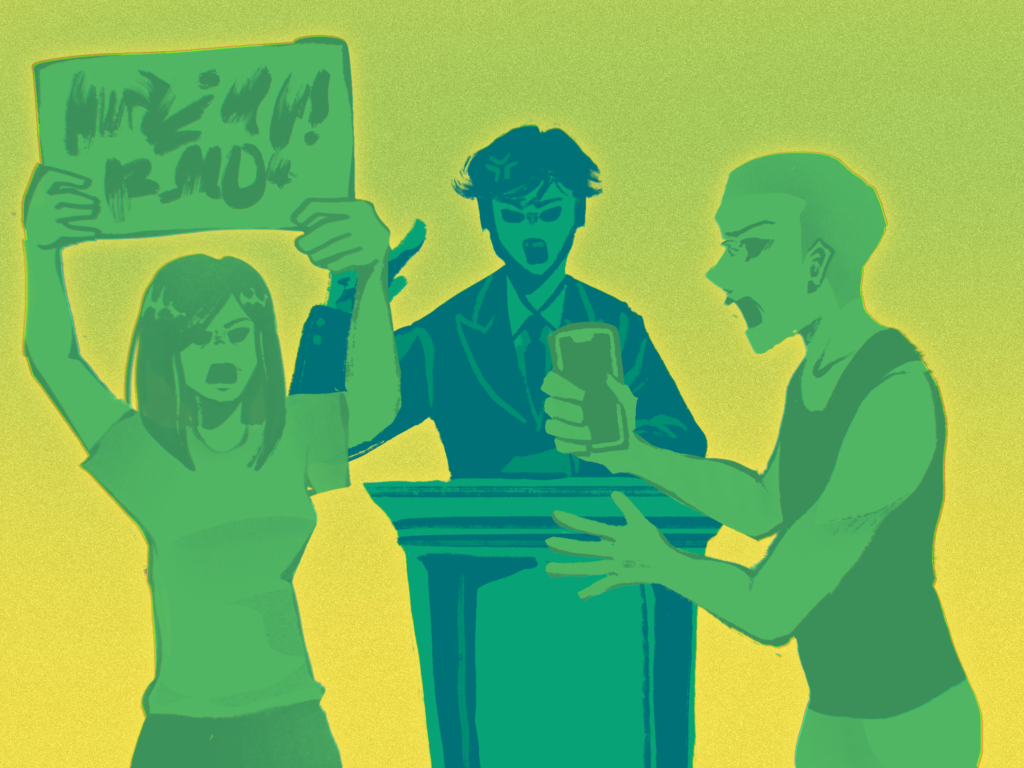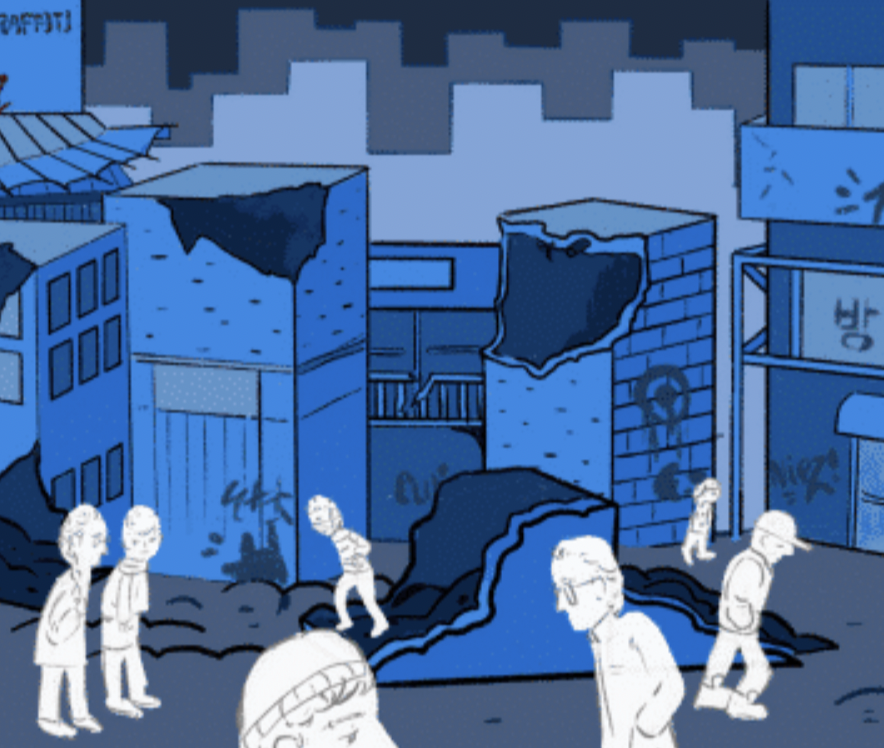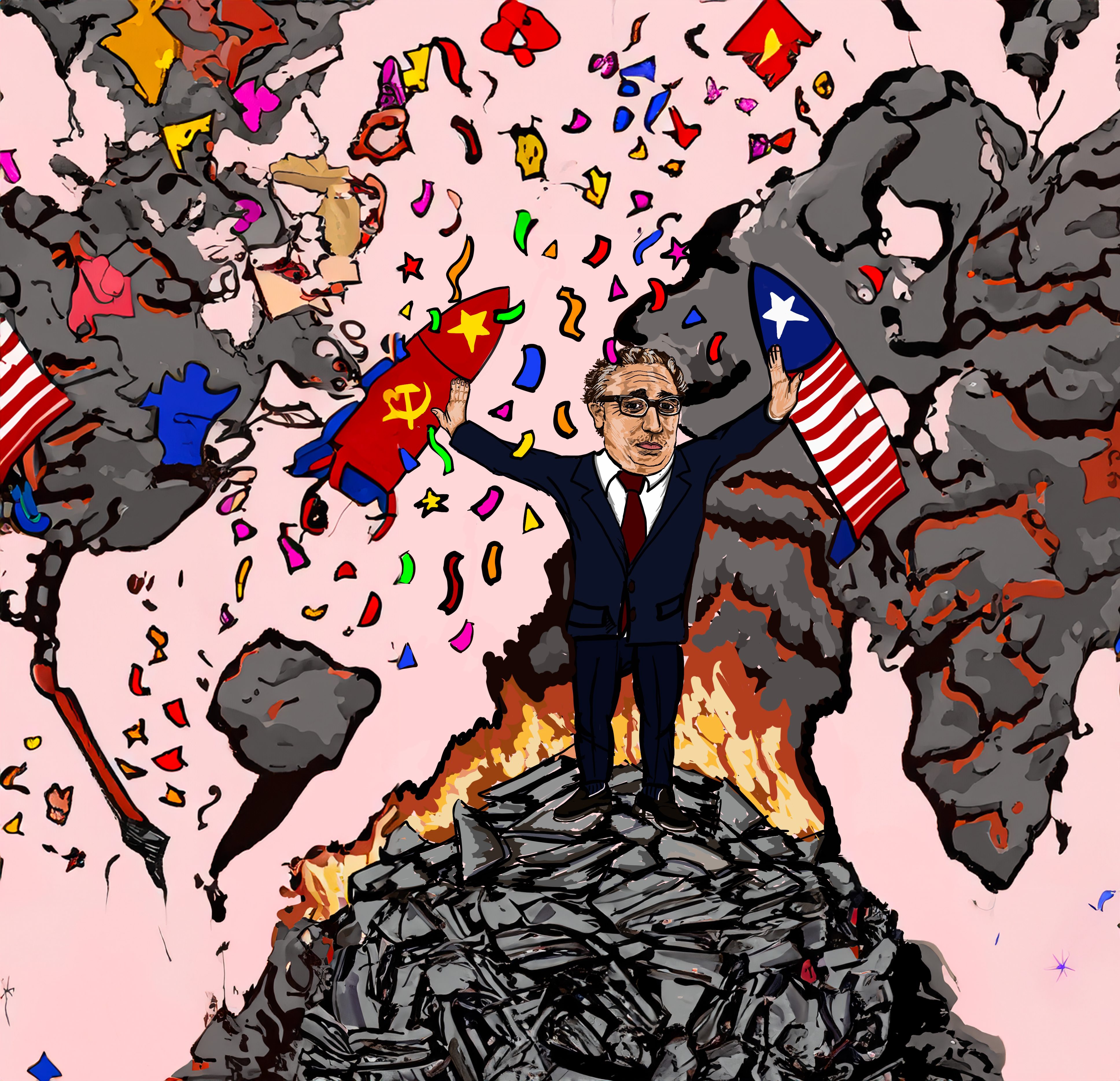The media, in numerous forms such as newspapers, movies, and television, affects most people in the developed world. It informs consumers of current, past, or future events from all around — and sometimes out of — the world. With all the benefits of media, however, come some drawbacks. Prevalent throughout all forms of entertainment are double standards of mass generalization and discrimination against minorities, not limited to but largely about race and women. Mass media needs to change these racist and sexist representations, so that the world itself can change.
Minorities are underrepresented in many fields of entertainment, especially the movie industry. An estimated 73.1% of films are based on white people, 12.5% on African-Americans, 5.3% on Asians, 4.9% on Hispanics, and 4.2% on other ethnicities.Even worse than this gross underrepresentation is “white washing,” which is when directors cast white actors in roles originally written to be people of color. One example includes the animation Avatar: The Last Air-Bender, in which the antagonists are white and the protagonists are minorities. However, in the real life movie, the same antagonist is the British Indian Dev Patel, and the protagonists are white. This is only one case in which white actors were cast for characters of minority groups; this trend permeates the film industry. Furthermore, this double-standard propagates the racist idea that “good guys” must only be white.
Even when minorities are represented in media, they are not represented properly. Usually characterizations of minorities reinforce the negative stereotypes about their race. For example, in the news, many publications show bias when titling articles. When the article is about a minority, the editors will focus on the negative, whereas when it is about a white person, the editors will try to accentuate the positive. For example, “Oregon shooter recalled as quiet loner, close to his mother.” For the mass murderer Dylann Roof, one headline reads, “Dylann Strom Roof is described ‘as quiet and softspoken.’” In contrast, the New York Times wrote that Michael Brown, a black teenager wrongly shot by a policeman was “no angel” because he smoked, drank, and rapped. This clear double standard in news media once again reinforces racist ideals.
Not only do certain racial groups face discriminatory treatment in media, but women do as well. Provocative images of women’s bodies are often used as click bait to generate ratings or page views, which is extremely sexist. A woman should not sell her body for views, likes, or advertisement. In addition, ideals of the “perfect body” presented by the media, which are often altered by photo editing software, affect girls of all ages by setting unrealistic body image expectations. These sexist standards do exist for men as well, yet to nowhere near the same degree. It seems that to producers, directors, and magazine editors, the best way to get views and attention is physical exposure. This draws negative attention to women in media, and has negative consequences, as men conjure up marketed ideas of how women are meant to act. It is ideas like this that make many sexist men harken back to the “good old days” when women didn’t work and were easier to oppress. This is backed by the staggering statistic that only 30.8% of working characters on TV are women.
Additionally, the few times that a woman is characterized as brave and bold, the distinction is made that she is only brave and bold “for a woman.” These comments, which are meant to commend those characters and actors, actually demean them by implying that braveness and boldness are traits reserved for men.
Similar to minorities, there is a lack of representation of women in the movie industry. 80.5% of working characters in movies are male, and only 19.5% are female. While only 10.7% of movies feature a balance of gender among the roles, the average ratio of male actors to female actors is 2.25:1. As women purchase half of the movie tickets sold in the U.S., it is important to represent women in films and not degrade them.
The United States is a very progressive country, and I believe that change can and will happen. The battle for progress starts with refraining from making derogatory statements, especially if they are meant as a joke. Then, it leads to stopping others from making those statements and educating them about why doing so is wrong. Throughout our long and strenuous fight for equality, we must remember our goals and challenge the status quo with knowledge, logic, and truth. As Bayard Rustin once said, “If we desire a society of peace, then we cannot achieve such a society through violence. If we desire a society without discrimination, then we must not discriminate against anyone in the process of building this society. If we desire a society that is democratic, then democracy must become a means as well as an end.”




